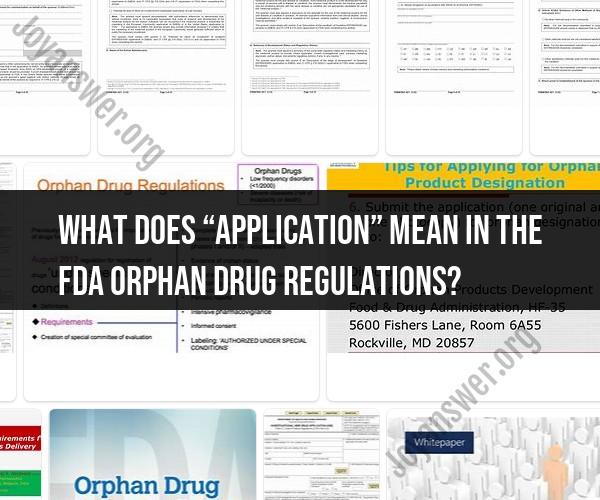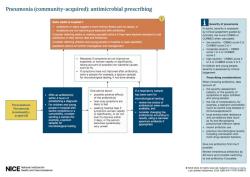What does “application” mean in the FDA Orphan Drug Regulations?
In the context of FDA Orphan Drug Regulations, the term "application" refers to the formal submission of a request or proposal to the U.S. Food and Drug Administration (FDA) for the designation of a drug as an orphan drug. An orphan drug is a pharmaceutical agent developed to treat a rare medical condition, often referred to as an "orphan disease."
The Orphan Drug Act of 1983 provides incentives to encourage the development and marketing of drugs for rare diseases or conditions. These incentives include financial benefits such as tax credits, grants for clinical research, and a period of market exclusivity for the approved orphan drug.
The process of obtaining orphan drug designation involves submitting an "orphan drug application" to the FDA. This application is a formal request made by the drug manufacturer or sponsor seeking to have their drug recognized as an orphan drug. The application typically includes detailed information about the drug, the rare disease or condition it is intended to treat, and evidence supporting the medical need for the drug in that specific context.
The orphan drug application must provide data and documentation to demonstrate that the drug meets the criteria outlined in the Orphan Drug Act. These criteria include:
Prevalence: The disease or condition for which the drug is intended must affect fewer than 200,000 individuals in the United States or, if it affects more than 200,000 individuals, there must be no reasonable expectation of recovering the costs of drug development and marketing.
Significance: The drug must offer potential therapeutic benefits that are clinically meaningful and address an unmet medical need for patients with the rare disease or condition.
Lack of Alternative Treatments: There must be no currently approved drug or therapy that is recognized as effective in treating the rare disease or condition, or the proposed orphan drug must provide a significant advantage over existing treatments.
Once the orphan drug application is submitted, the FDA reviews the information provided to determine whether the drug meets the criteria for orphan drug designation. If the FDA grants orphan drug designation, the drug developer becomes eligible for the incentives outlined in the Orphan Drug Act. This designation is an important step in the drug development process, as it provides financial incentives and regulatory support to encourage the development of treatments for rare diseases where there may otherwise be limited commercial incentive.
In summary, in the context of FDA Orphan Drug Regulations, "application" refers to the formal submission of a request for orphan drug designation, which is a critical step in obtaining incentives and support for the development of drugs to treat rare diseases or conditions.













